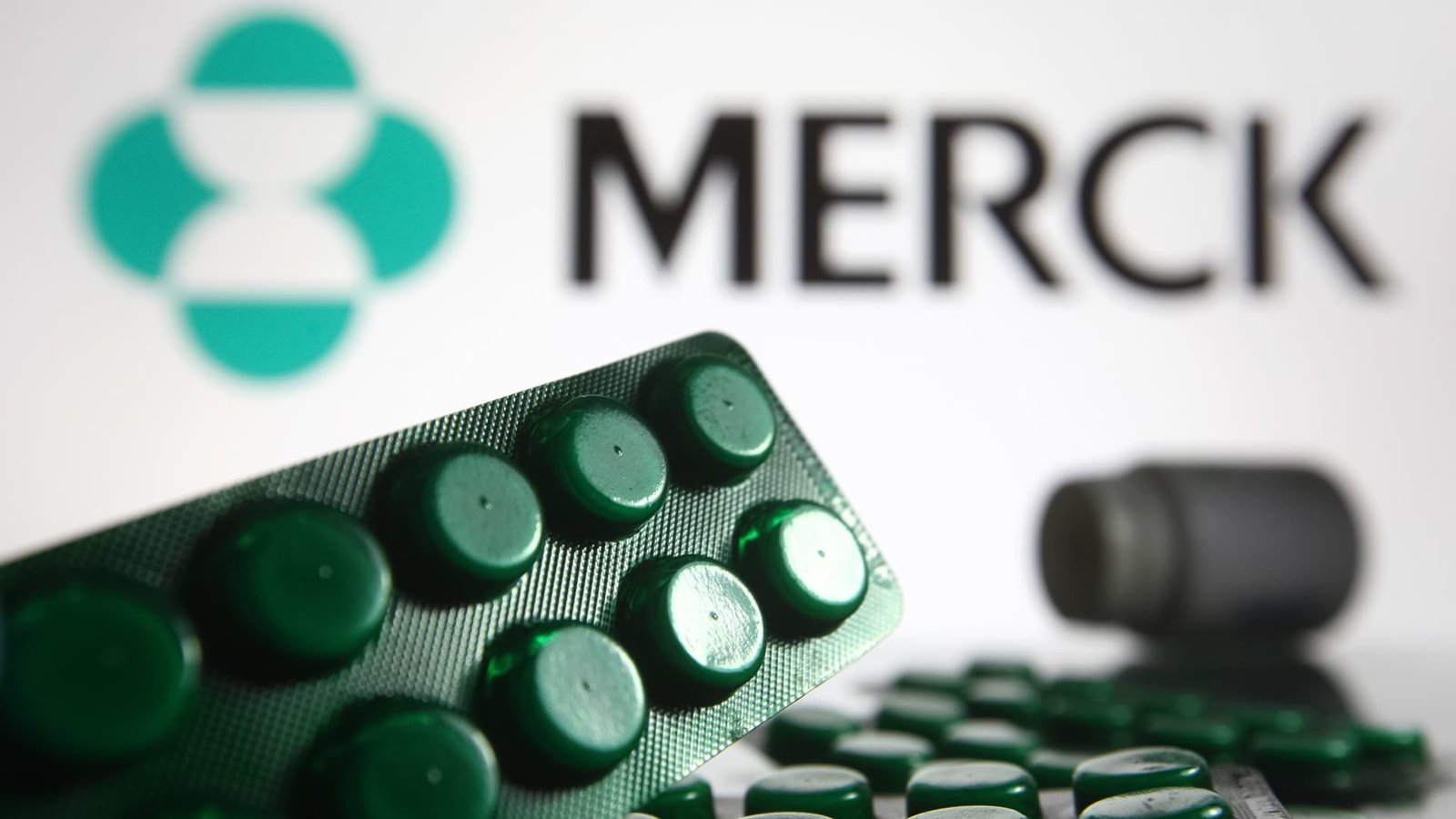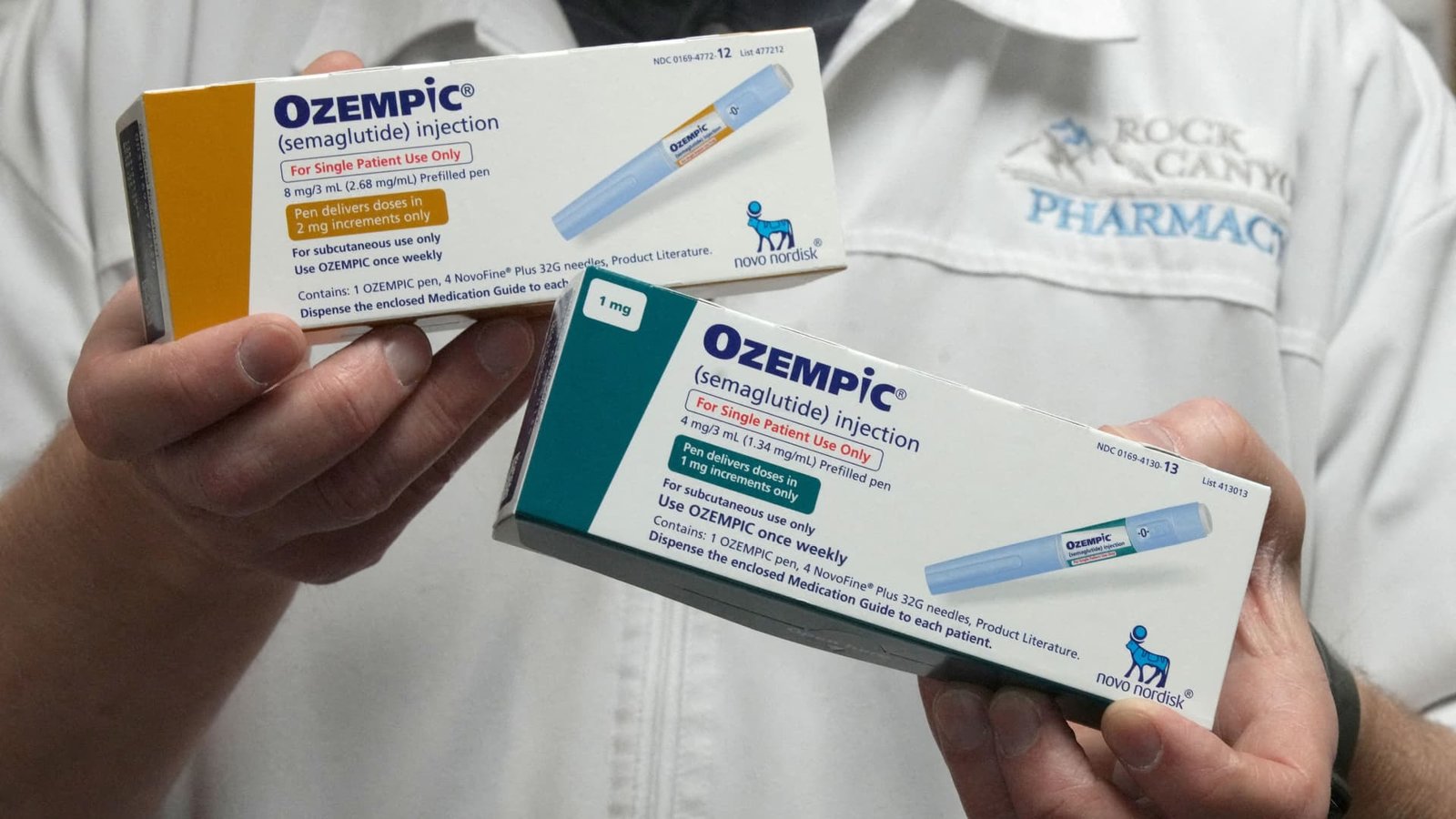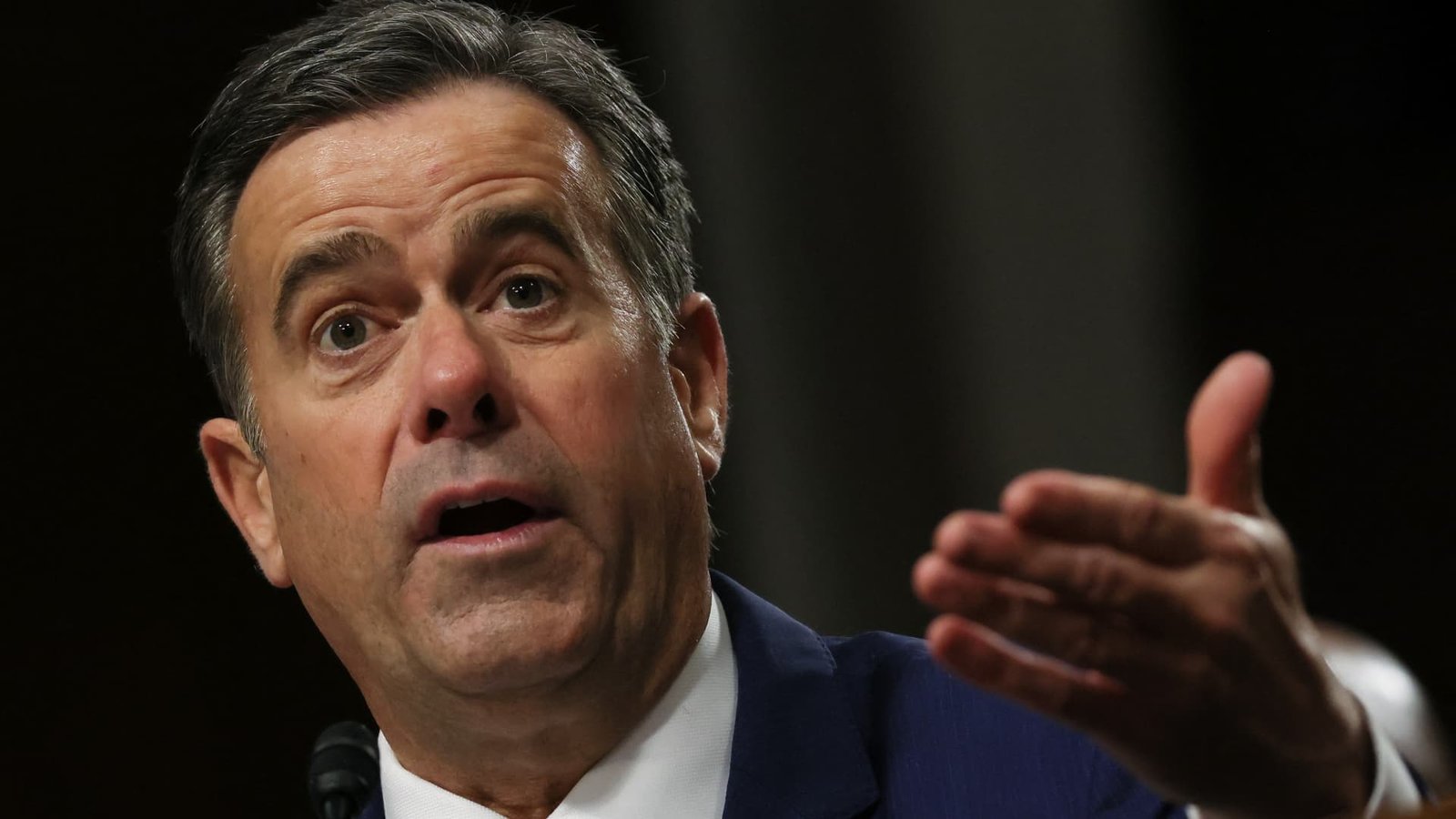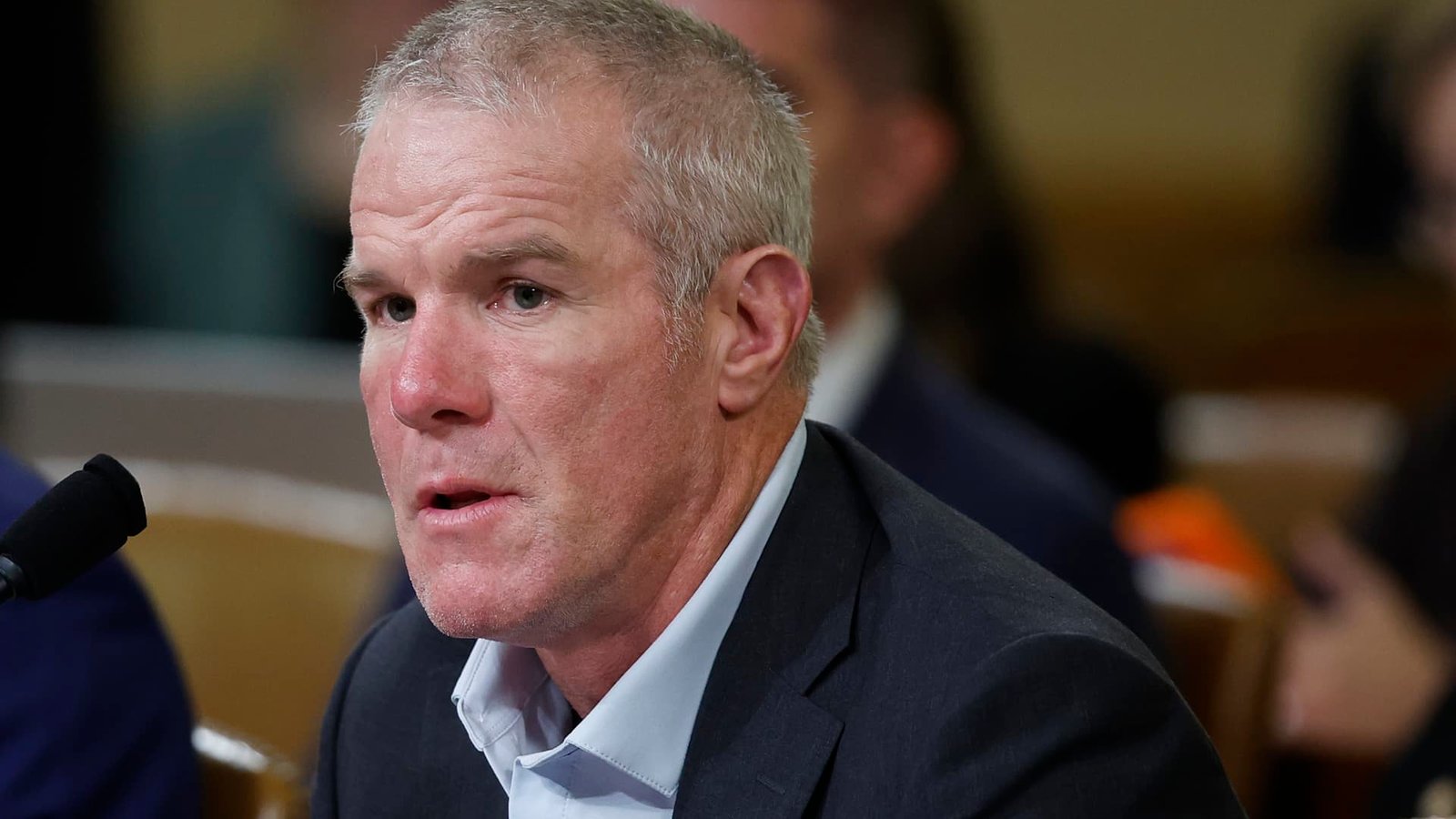In this article, Merck issued full-year 2025 revenue guidance on Tuesday that was below Wall Street’s expectations due to a temporary pause in shipments of a key vaccine to China. The company’s shares dropped by 11% in response to this news. Merck forecasts 2025 sales to range between $64.1 billion and $65.6 billion, falling short of the $67.31 billion expected by analysts. The lower revenue projection is attributed to the decision to halt Gardasil shipments to China from February through at least mid-2025.
Gardasil is a vaccine that prevents cancer caused by HPV, a common sexually transmitted infection in the U.S. Concerns have arisen over the past year regarding the sales performance of Gardasil in China, as the country accounts for a significant portion of the vaccine’s international revenue. The revenue guidance provided by Merck assumes no further shipments to China at the lower end and less than $1 billion in sales at the higher end.
Merck’s CEO, Robert Davis, mentioned during an earnings call that Gardasil inventory levels in China are currently higher than normal, with demand for the vaccine not meeting the company’s expectations due to factors like reduced consumer spending. The pause in shipments aims to reduce excess inventory swiftly and support the financial standing of Merck’s commercialization partner in China, Zhifei. The company hopes that this pause will help normalize the market dynamics for Gardasil and absorb the existing inventory.
Merck withdrew its $11 billion annual sales target for Gardasil due to uncertainties surrounding the economic recovery in China. However, the company remains optimistic about achieving this revenue goal in the future. Sales of Gardasil are crucial for Merck to offset losses from its leading cancer therapy, Keytruda, which is set to lose exclusivity in 2028. Merck is banking on the expanded approval of Gardasil for men aged 9 to 26 in China to drive increased uptake of the vaccine.
The company expects adjusted earnings per share for the full year to be between $8.88 and $9.03, aligning with analysts’ expectations. Merck’s financial outlook includes a charge of approximately 9 cents per share related to its license agreement with LaNova, a privately held drugmaker. Sales of Keytruda, other oncology drugs, and a newly launched cardiovascular treatment helped Merck surpass expectations for the fourth quarter of 2024.
In the fourth quarter, Merck reported a net income of $3.74 billion, or $1.48 per share, compared to a net loss of $1.23 billion, or 48 cents per share, in the same period the previous year. Excluding certain costs, the company earned $1.72 per share for the quarter. Merck’s revenue for the quarter reached $15.62 billion, a 7% increase from the same period a year ago.
The pharmaceutical unit of Merck generated $14.04 billion in revenue during the fourth quarter, up 7% year-over-year. Keytruda sales totaled $7.84 billion, a 19% increase from the previous year, driven by higher adoption for various cancer types. Gardasil sales amounted to $1.55 billion, down 17% from the fourth quarter of 2023. Januvia, a Type 2 diabetes treatment, saw sales decline to $487 million, a 38% drop from the previous year, attributed to pricing pressures and competition from generic drugs.
Merck’s animal health division, specializing in vaccines and medicines for pets and livestock, reported sales of nearly $1.4 billion, up 9% from the same period a year ago, driven by increased product pricing.




